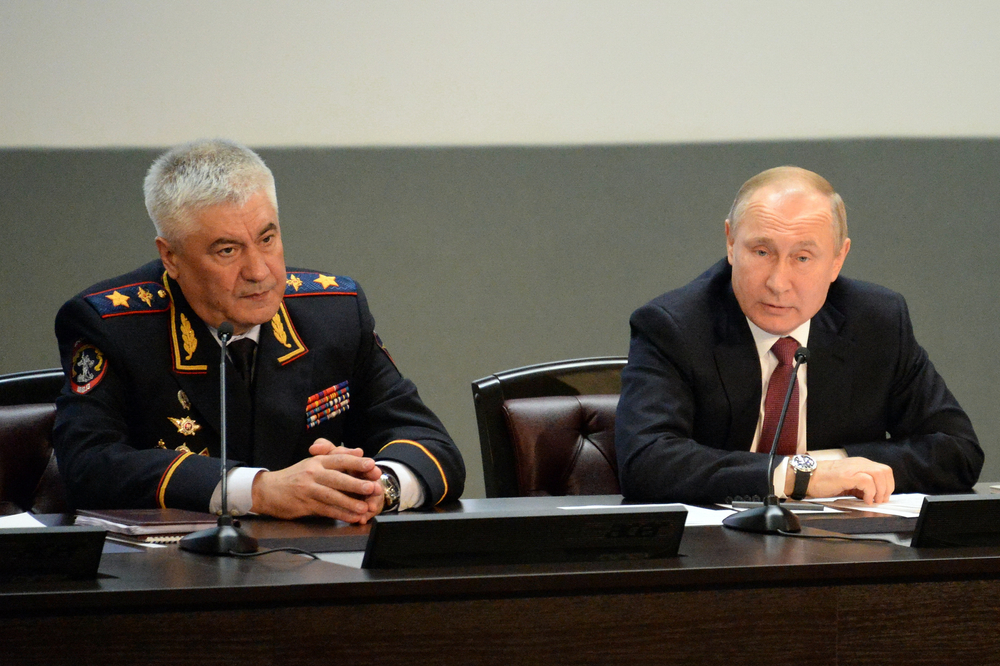The Kremlin’s current campaign against corruption reflects its desire to avoid a repeat of the Soviet Union’s collapse.
Others are reading now
A significant shake-up is underway in Russia, within the Ministry of Defense as the Kremlin conducts a purge of former and current military generals.
Overlooked Corruption for Years
This sweeping action is primarily aimed at dismantling the network of Sergei Shoigu, who has been held responsible for the mishandling and repercussions of the war in Ukraine, according to Digi24.
For years, President Vladimir Putin overlooked corruption within Shoigu’s department, confident in the military’s combat readiness. However, the onset of the war in February 2022 and subsequent reliance on assistance from Iran and North Korea forced the Kremlin to reassess its tolerance for corruption, according to the Robert Lansing Institute.
Shoigu, who was recently appointed head of Russia’s Security Council, has seen his political influence wane. In contrast, Nikolai Patrushev, former Security Council Secretary and now a presidential advisor, has strengthened his position.
Also read
Patrushev harbors resentment towards Shoigu, blaming him for Russia’s current troubles. Under Shoigu’s leadership, a corrupt system allowed generals and allied firms to secure contracts for military supplies through fraudulent means, including ordering non-existent or unnecessary equipment.
More Resignations and Arrests Anticipated
Patrushev’s awareness of these abuses has led to recent arrests within the Ministry of Defense, signaling the beginning of a broader purge of Shoigu’s corrupt associates. This move is expected to culminate in Shoigu’s eventual arrest, with more resignations and arrests anticipated within the General Staff.
The Kremlin’s current campaign against corruption reflects its desire to avoid a repeat of the Soviet Union’s collapse, which was partly attributed to inflated military spending and excessive militarization. Consequently, despite ongoing conflicts with Ukraine, Putin aims to prevent a significant rise in military expenditures.
As the centralized corruption network built by Shoigu disintegrates, the rise of Andrei Belousov as the new Defense Minister signifies a shift in control. Belousov, alongside the FSB and the Russian Investigative Committee, is dismantling Shoigu’s monopolistic grip on military funds, potentially expanding corruption to a broader circle of beneficiaries.
Despite these changes, experts from the Robert Lansing Institute believe that corruption within the Russian military will persist, merely shifting under new leadership.


